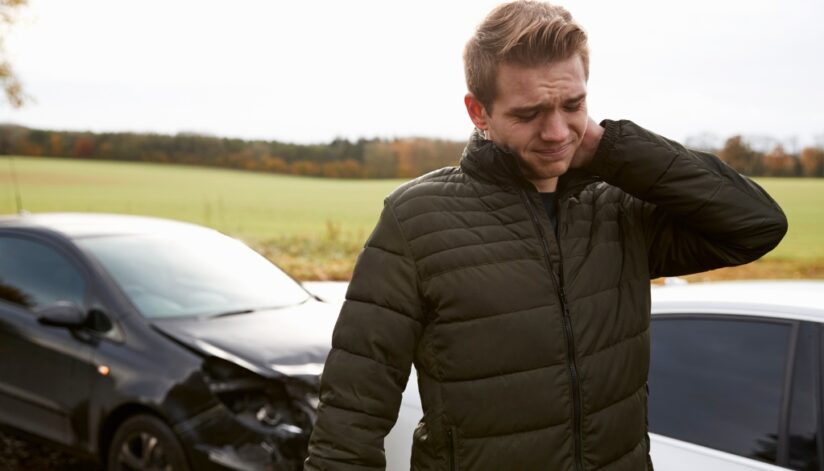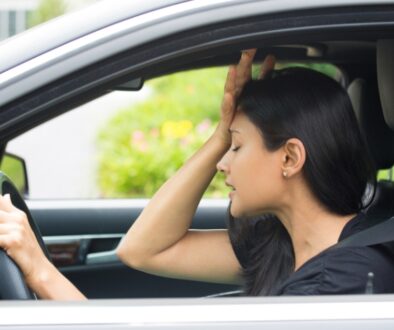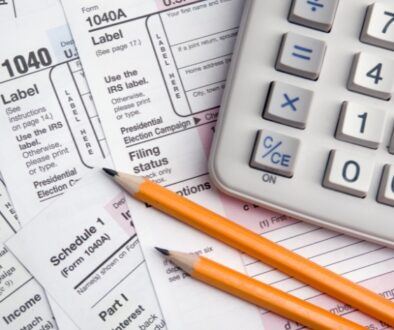What To Do Immediately After A Car Accident In Wisconsin: A Comprehensive Guide
Being involved in a car accident in Wisconsin can be a traumatic and disorienting experience, especially in the immediate aftermath when actions can significantly impact the outcome of any potential legal or insurance claims. The seasons can change driving conditions dramatically, being prepared and knowing what steps to take following an accident is crucial. This guide provides clear, actionable advice to ensure your safety, protect your rights, and prepare you for the legal processes that may follow.
Step 1: Ensure Your Safety And Check For Injuries
The first priority in any accident is to ensure your and others’ safety. If possible, move to a safe location away from traffic to prevent further accidents. Check yourself and others for injuries. Remember, some injuries, especially internal ones, may not be immediately apparent due to the shock and adrenaline rush. If there’s any doubt, or if anyone is noticeably injured, call 911 immediately to get medical assistance.
Step 2: Secure The Scene And Prevent Further Accidents
If the accident is minor and there are no serious injuries, Wisconsin law requires you to move your vehicle out of the roadway if it is safe to do so. Turn on your hazard lights to alert other drivers, and set up flares or reflective triangles if you have them, especially at night or in bad weather, to prevent additional accidents.
Step 3: Call The Police
Even for minor accidents, it’s important to call the police. A police report can be invaluable in documenting the accident and may be required by your insurance company. When the officers arrive, provide a factual account of what occurred, but avoid speculating or admitting fault. If you’re unsure about certain details, it’s okay to say so.
Step 4: Document The Scene And Gather Information
Use your smartphone to take photos of the accident scene, including all vehicles involved, any visible damages, license plates, road conditions, traffic signs, and any injuries. Exchange information with the other driver(s), including names, contact information, driver’s license numbers, insurance details, and vehicle information. If there are witnesses, get their contact information as well; their accounts could be crucial if there are disputes about the accidents’ circumstances.
Step 5: Notify Your Insurance Company
Report the accident to your insurance company as soon as possible. Many insurers offer mobile apps that allow you to file a claim on the spot, including uploading photos and details from the scene. Be honest and provide as much information as possible, but avoid making speculative statements about fault or responsibility until all facts are known.
Step 6: Seek Medical Attention
Even if you feel fine, it’s wise to see a doctor after an accident. Some injuries, like whiplash or concussions, might not present symptoms immediately. A medical record will also serve as valuable documentation if you later decide to pursue a legal claim for your injuries.
Step 7: Keep Detailed Records
Start a file to keep all accident-related documents and information together. This should include a copy of the police report, any medical records or bills, a record of any time missed from work due to the accident, receipts for related expenses (like car rental or repairs), and all correspondence with insurance companies.
Step 8: Be Cautious With Insurance Adjusters
You may be contacted by the other party’s insurance company wanting a statement from you. It’s important to be cautious in these interactions, as your statements can be used to minimize your claim. Politely decline to discuss the accident and refer them to your attorney or insurance company.
Step 9: Consider Consulting With An Attorney
If you have suffered significant injuries or if there is a dispute about the accident, it may be beneficial to consult with a personal injury attorney experienced in Wisconsin traffic law like those here at Bosshard Parke. An attorney can provide advice on your rights and options and can represent you in dealings with insurance companies and in any legal proceedings.
Step 10: Follow Through With Your Claims
Stay engaged with the claims process, following up with your insurance company and ensuring that all necessary documentation is submitted promptly. Keep track of the status of your claim and be sure to meet any deadlines for submitting additional information or contesting decisions.
Moving Forward After A Car Accident In Wisconsin
The aftermath of a car accident can be overwhelming, but taking these steps can help protect your interests and ensure that you are treated fairly by insurance companies and in any legal proceedings. Remember, the key is to stay calm, be prepared, and seek professional guidance when necessary.
Car accidents are challenging experiences, but understanding how to navigate the aftermath can alleviate some of the stress and uncertainty. By following these steps, you can ensure your safety, protect your rights, and lay the groundwork for a fair resolution to any claims or disputes that may arise. If you have any questions, reach out to us.
Disclaimer: This article is for informational purposes only and should not be considered legal advice. For specific guidance related to a car accident in Wisconsin, please consult with a qualified attorney.




